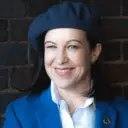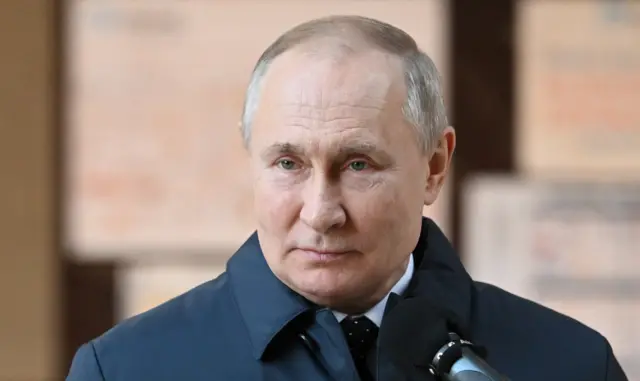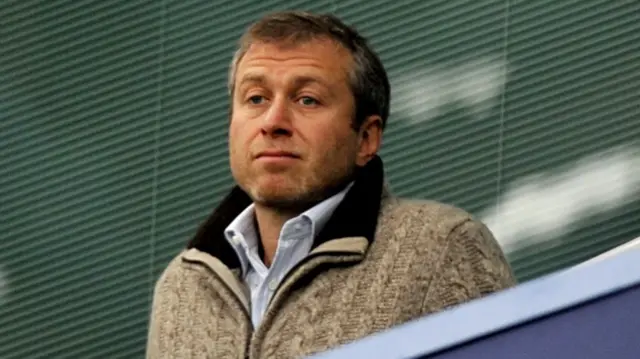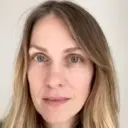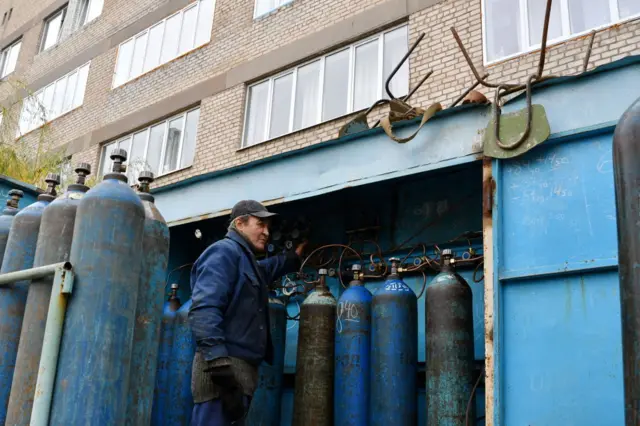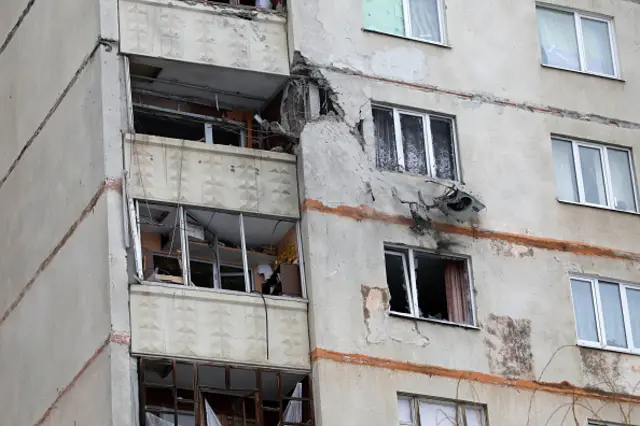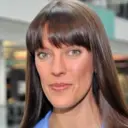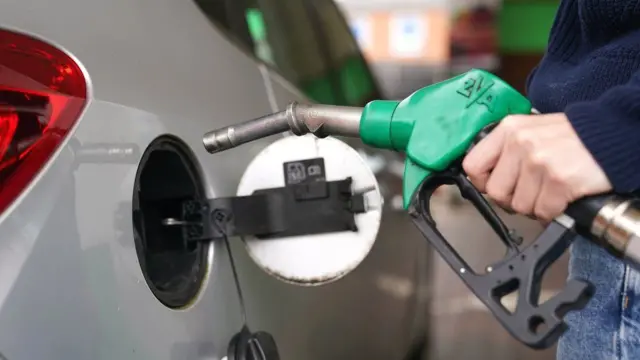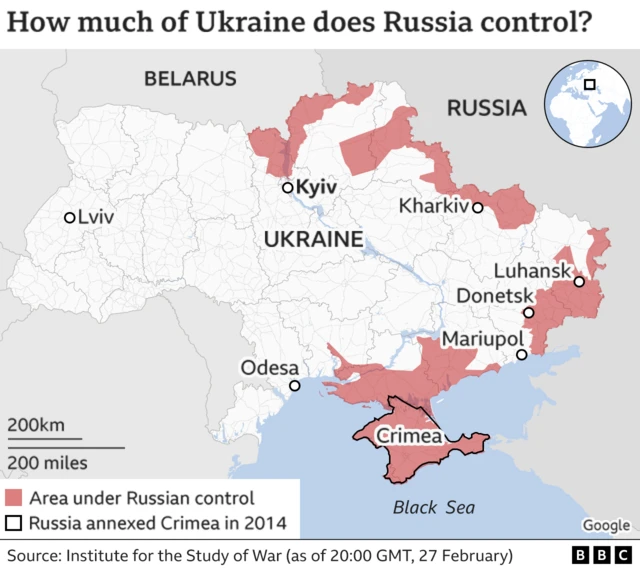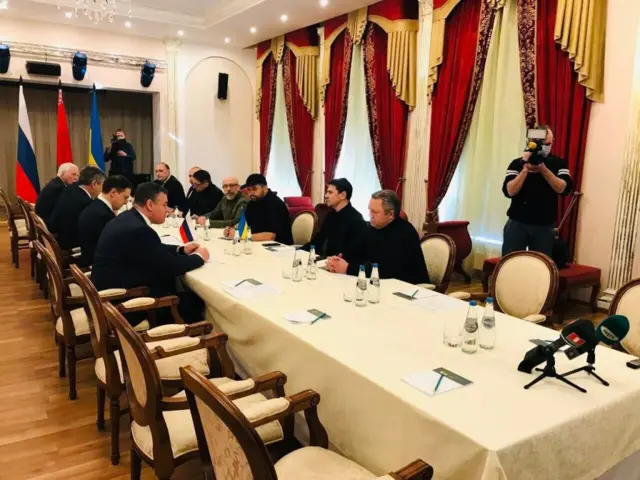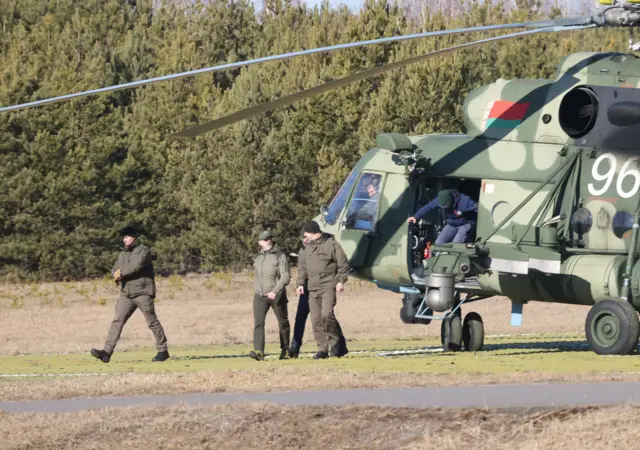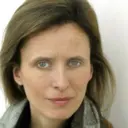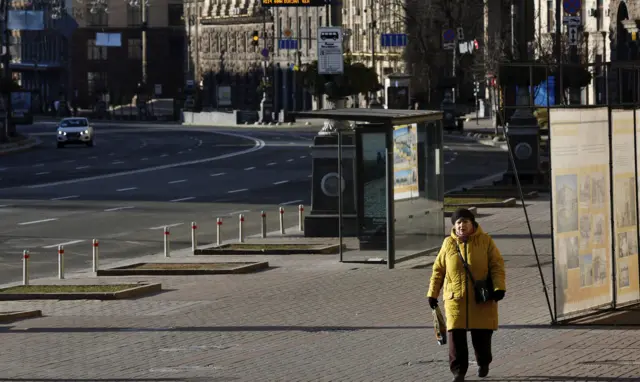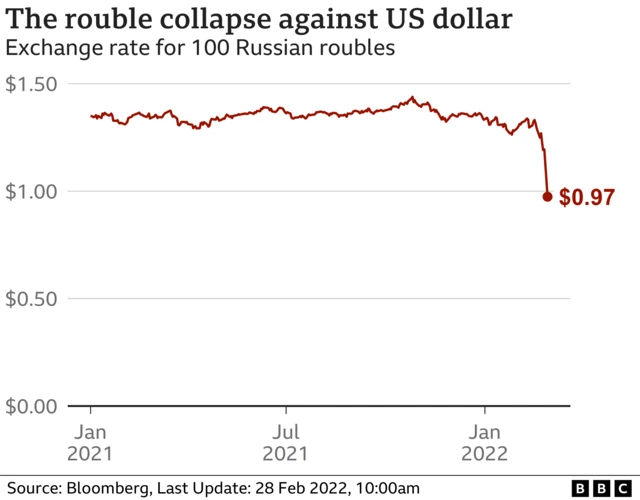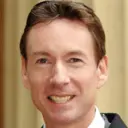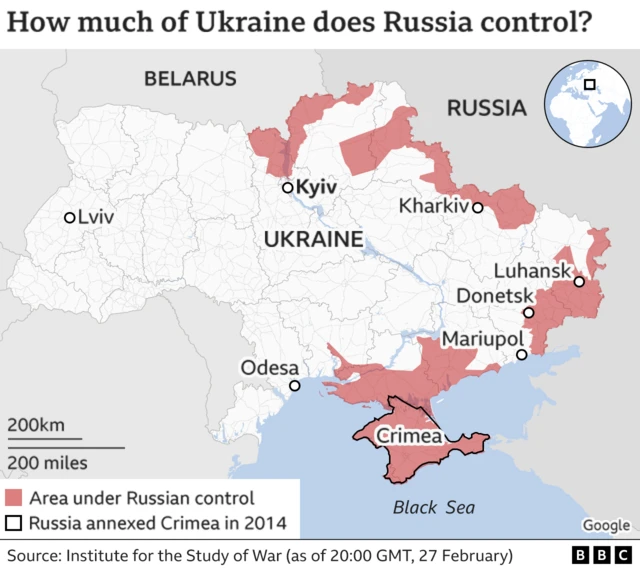
Are Ukraine's neighbours safe?published at 13:30 GMT 28 February 2022
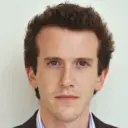 Mark Lowen
Mark Lowen
BBC News, Ukraine-Poland border
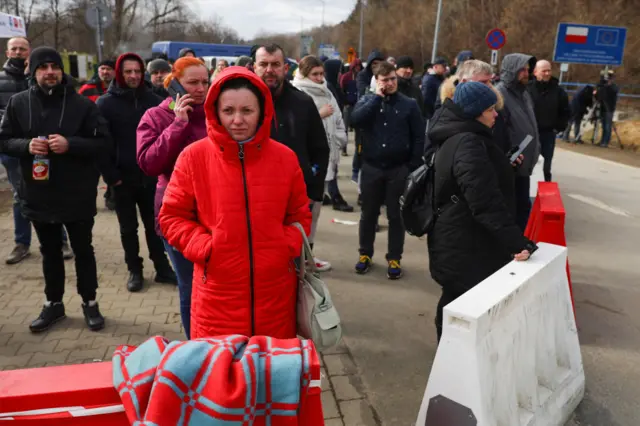 Image source, Getty Images
Image source, Getty ImagesUkraine's neighbouring countries continue to welcome refugees
Cristina Onofras in Romania asks: "Are the countries around Russia and part of Nato safe, [and] for how long?"
Nato's eastern flank countries, bordering Ukraine, are worried. Lithuania declared a state of emergency and Sweden and Finland – though neither of them Nato members – joined the alliance’s emergency summit last week, and the US has increased its troop numbers in countries like Poland.
Some Poles I’ve spoken to near the border feel anxious about their own security - but their primary focus remains on helping Ukrainian friends or relatives on the other side, or those who have fled here.
